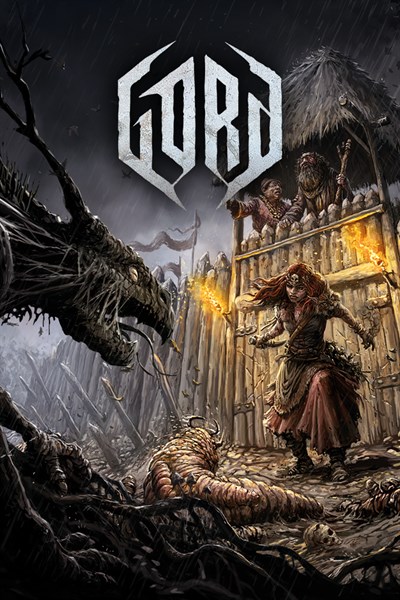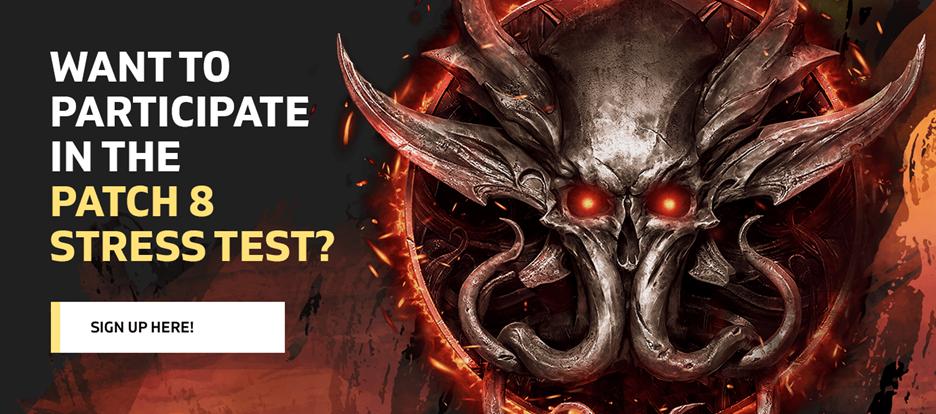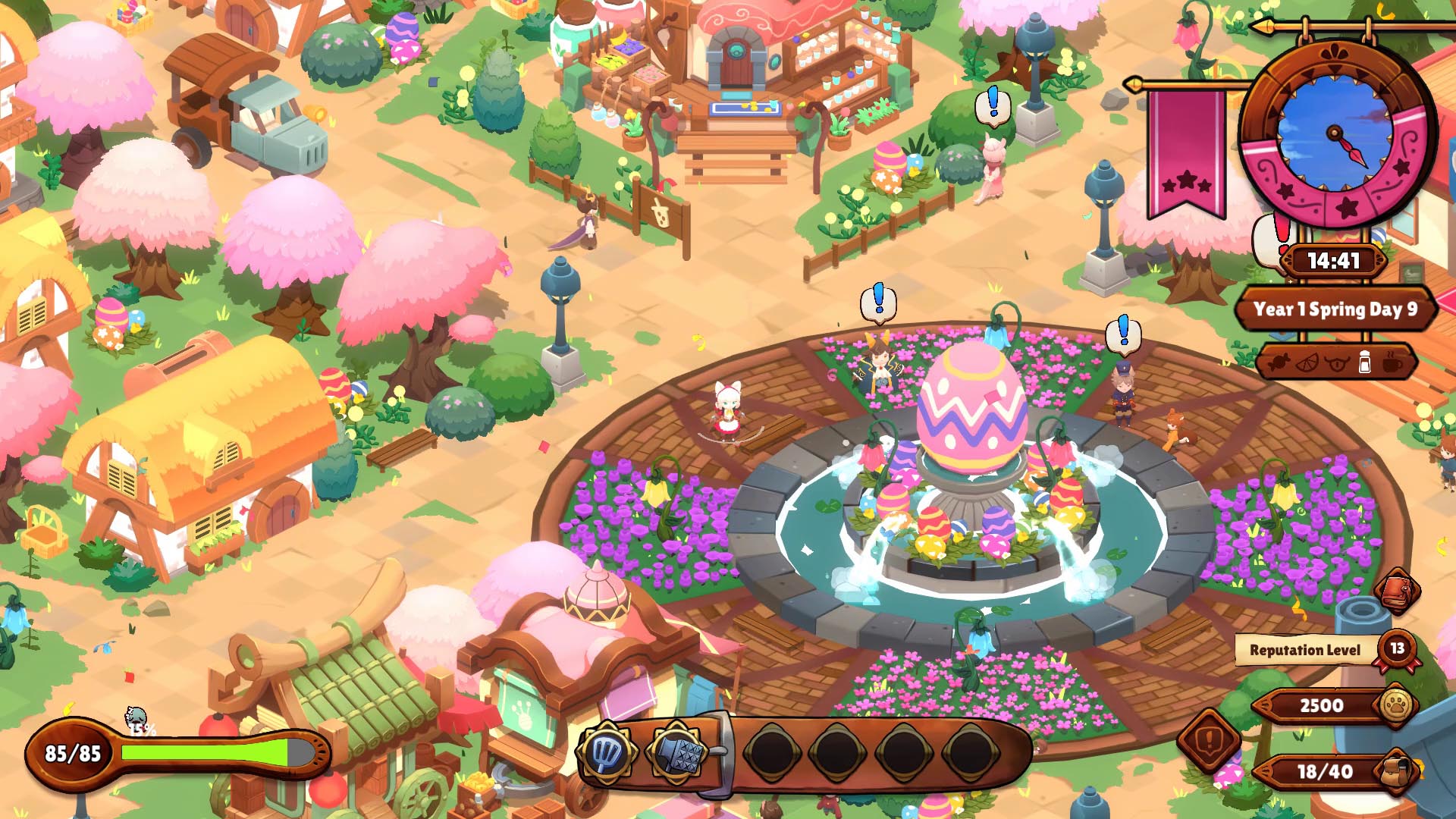Tensions are high at the camp. The settlement has grown substantially, food is running low, and the villagers are unsettled, which is likely the fault of the rotten, pulsating monster sitting in the forest nearby. My fastest fisherman is spending an above-average amount of time at the shrine in the camp’s center, and not enough time bringing back supplies. One of her weaknesses is indeed, catastrophizing events such as this one, but for the first time in my playthrough, she may be justified. I have, after all, just sacrificed her firstborn child to placate the putrid horror.
This is an example of the many grim, horrifyingly practical choices that you’ll face in Gord, an adventure-strategy game that combines city building and simulation to create a unique blend of both. It evokes elements of Frostpunk, The Witcher series, classic RTS games, and more – but rather than ape them, it uses them as ingredients for something new. You’ll take control of The Tribe of the Dawn, a small group of settlers tasked with venturing into forbidden lands to uncover their secrets. To ensure you’ll survive the untold carnage of the forests, you must build up a settlement, and your villagers must all contribute to their own survival.
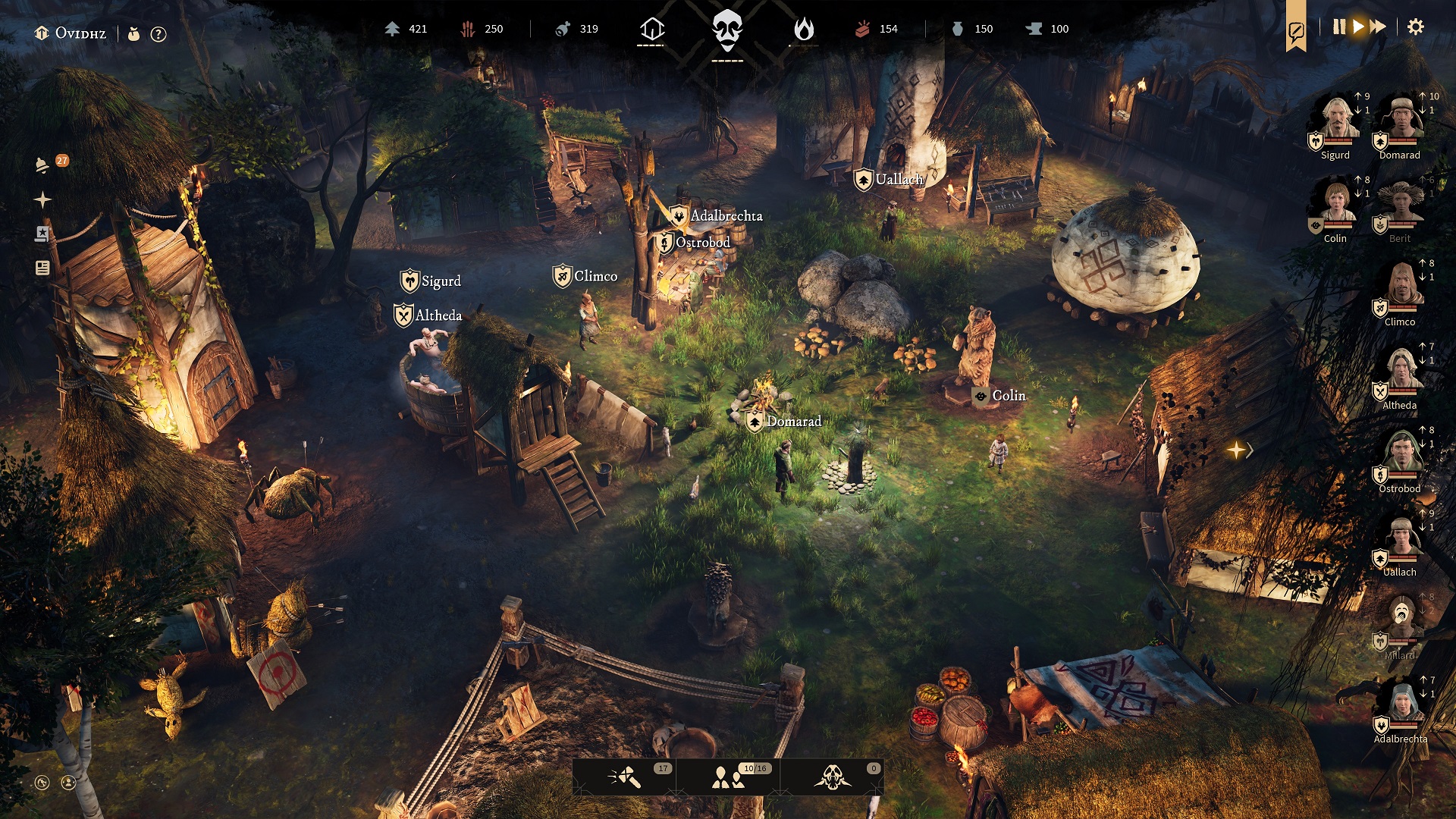
Gord presents a compelling world inspired by elements of Slavic folklore, and we just had to learn a little more about how it came together. Fortunately, Stan Just, Game Director on Gord, was around to share insight on its deeper influences, what sets it apart from other survival games, and several other treats that players can look forward to when Gord launches on Xbox Series X|S today.
Just worked as an art producer on The Witcher 3: Wild Hunt, and tells us that the dark fantasy world of Gord is heavily inspired by similar sources, but tells us that the intention was to adapt this low-fantasy version of reality to a strategy game with an isometric view. Slavic mythology is quite complex and hard to draw from, he says, so Gord‘s lore is not a direct recreation of real-life stories. Just tells us: “Various researchers have provided murky versions of those ancient beliefs, so we decided to create our own adaptation of this mythology.”
This is told via The Chronicle, Gord‘s in-game book of lore. Pages of The Chronicle can be found in the campaign and in custom scenarios, letting you collect vital information about the world, historical events, the gods, demons and notable characters you’ll meet along the way.
“My favorite part of it is the world’s creation,” Just adds. “It’s intriguing to me how different religions and mythologies explain the beginning of life.”
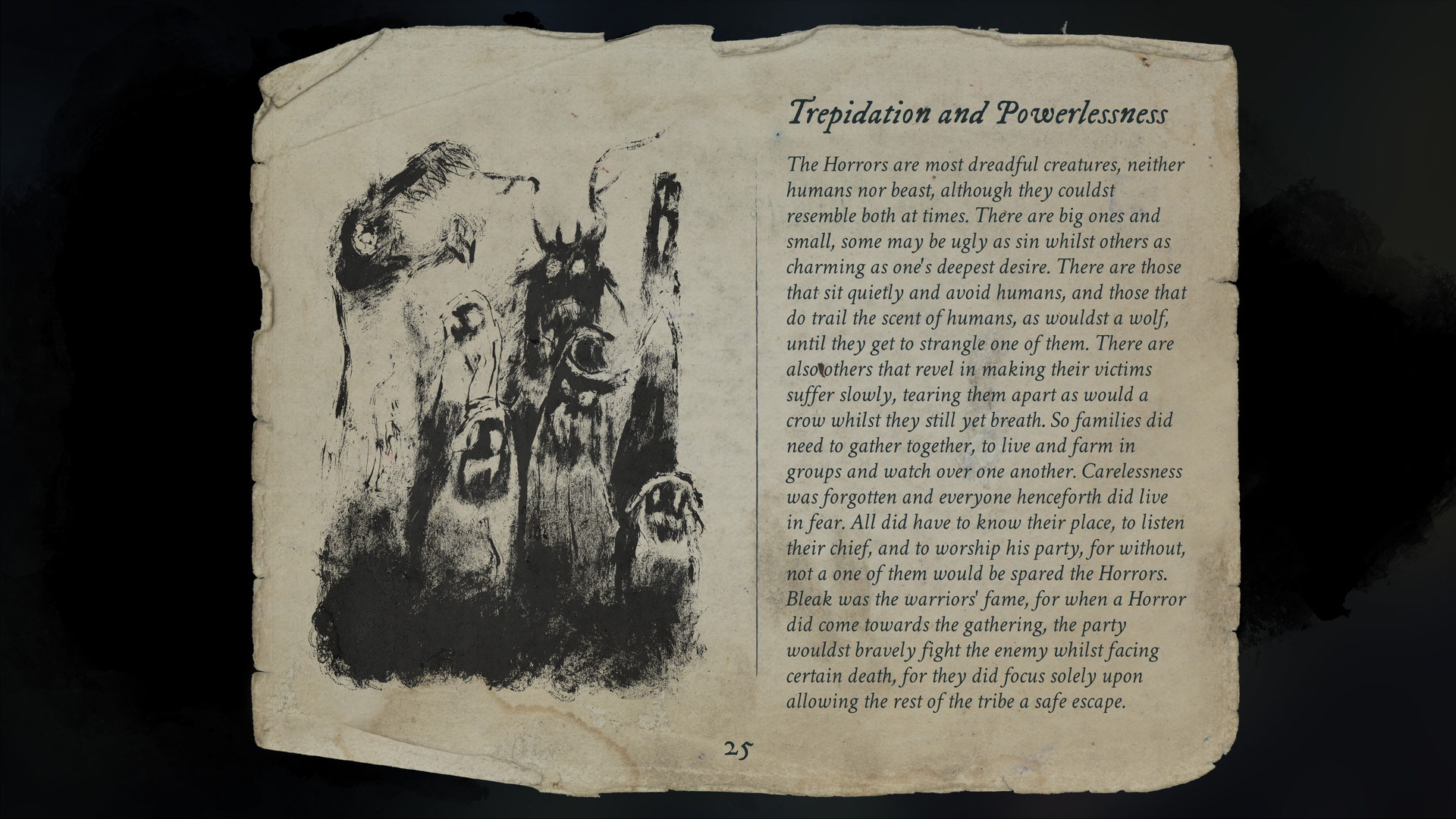
Gord’s story plays out over 10 campaign missions that gradually increase in scope. As your party travels further into the unknown, it must rebuild a settlement at the start of each mission. The decision to spread the narrative out in this way rather than have one continuous settlement to expand made for smaller sessions, and it works well for two reasons: you’re travelling to new areas each time, so building a new camp makes narrative sense, and it also gives you a chance to rethink your stronghold’s layout as you learn more about your surroundings and your subject’s needs.
“From the very beginning, we aimed to deliver an experience that can be divided into sessions which can last for a few hours,” Just says. “That said, you can take your subjects with you [to new settlements] if you want to.”
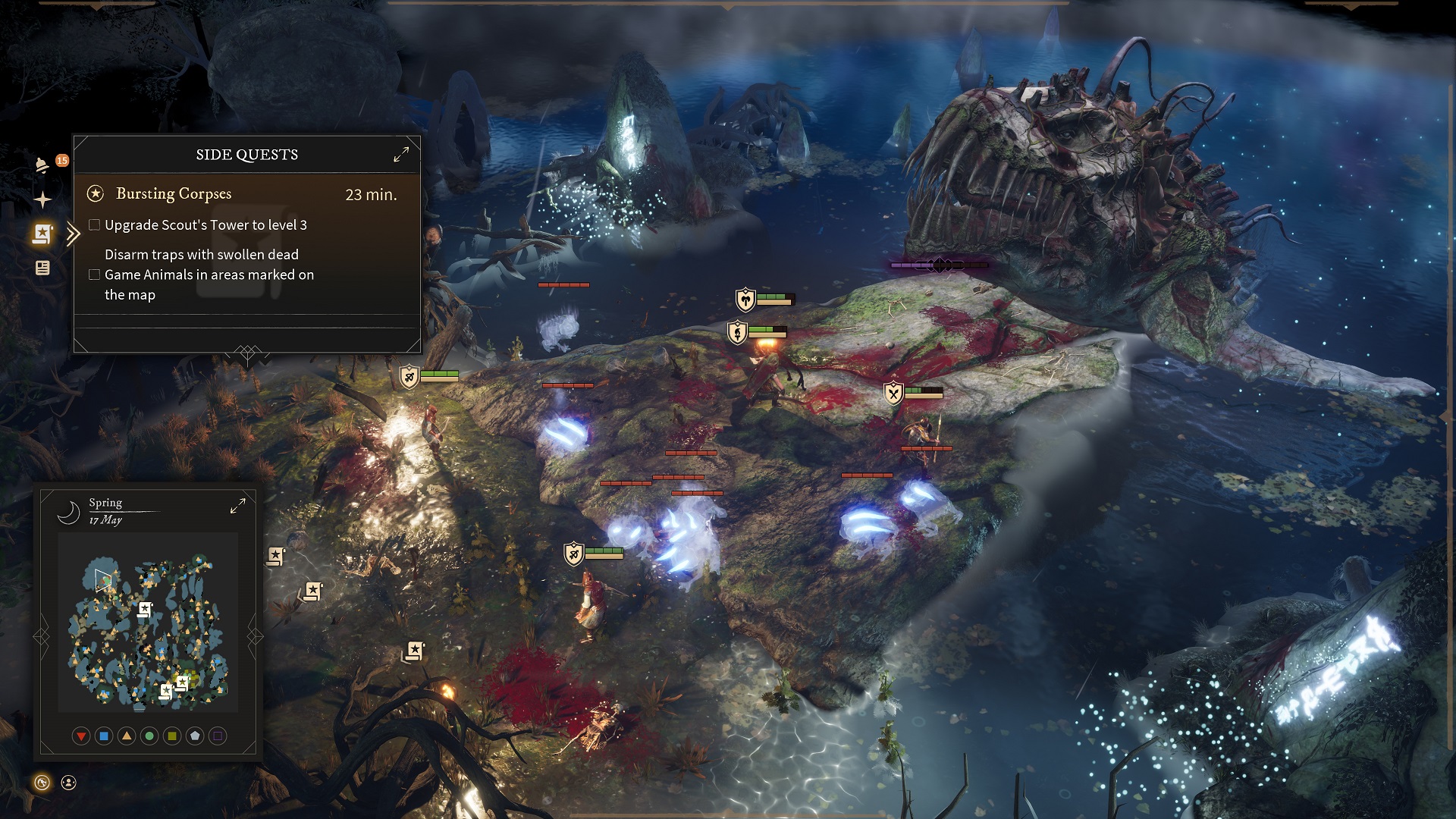
Outside the safety of the palisades, unspoken dangers lurk in the depths of the forest. Subjects must venture out for supplies to keep the camp ticking over and will face off with over 100 different enemy types, ranging from wolves that can be taken down with a few sword swings, to the aforementioned child-eating horror. The latter is an example of a threat that will hinder your story progress, and you’ll be presented with options. You could choose to risk the lives of everyone in camp to fight and kill the beast or appease its whims with a single sacrifice, so it doesn’t harm anyone else (if you’re open to trusting it, that is).
Each mission is accompanied by lovely cinematics that portray certain elements in greater detail. Just is incredibly proud of the cutscenes that take place in-between missions, and tells us that not many believed that the team could deliver this aspect of the game.
“We had excellent 3D models, experience doing cutscenes for The Witcher 3, and an extremely ambitious, quality-driven team, so I’m glad we managed to pull it off,” he says. “These are high-quality sequences that really help to keep players engaged in the story throughout the campaign.”
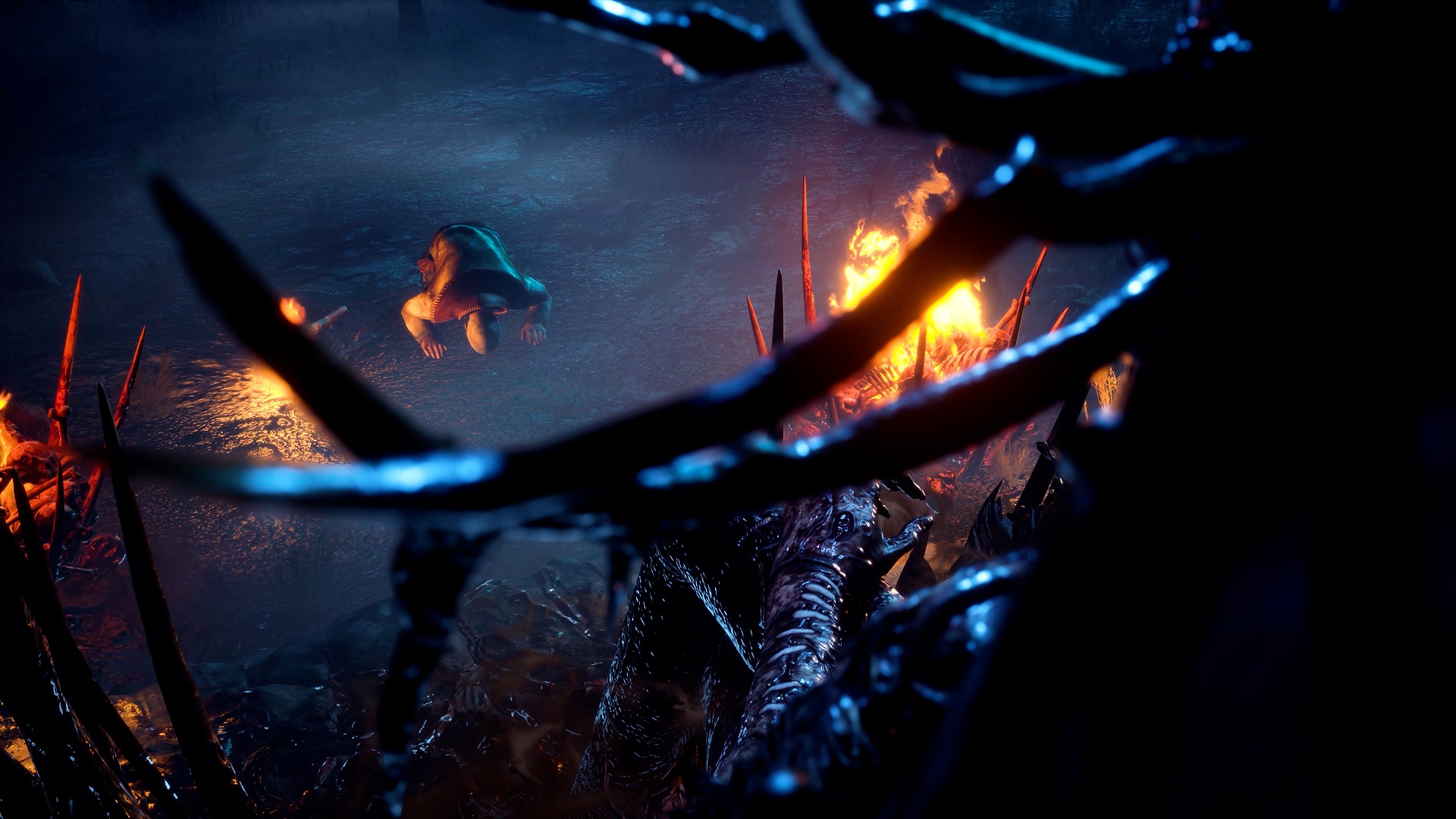
Managing your subjects in Gord is also wonderfully in-depth. It goes beyond assigning individuals a specific task and watching them get on with it; each NPC has their own strengths and weaknesses, ranging from aptitude in hunting or fighting to being lazy or scared of forests. They can gain experience in the jobs they do, and hold items that affect their productivity. They can have children, who will eventually grow up and contribute to the settlement themselves. On the other hand, subjects can develop mental and physical afflictions, rendering them less useful to your management efforts, and if something happens to their children (like being sacrificed to a woodland monster), they will bear the consequences of your actions.
Just believes that this focus on each subject as an individual rather than one solid group makes for an experience that is lacking in most other survival-building games.
“Most survival-building games base their challenges on managing the economy, and only a handful add a psychological aspect to the player’s subjects,” he explains. “Even fewer allow you to manage each subject individually, so it was vital for us to allow players to zoom into this microcosm of managing a small community so that they could bond with their subjects and remember their names, traits, weaknesses, as well as take care of their needs if a situation called for it.”
“There are no champions or heroes that can save the day, only regular people you can watch grow from children into adults, then assume a role within their community, and eventually fight for its survival.”
Get stuck into Gord‘s dark fantasy world and explore your own questionable moral compass when the game launches on Xbox Series X|S today.

Gord
Team17



